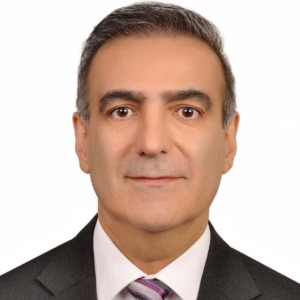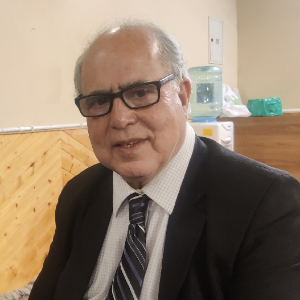HYBRID EVENT: You can participate in person at Singapore or Virtually from your home or work.
Eye Surgeries
Eye Surgeries
Eye surgery, often called ocular surgery, is surgery done on the eye or its adnexa by an ophthalmologist. The eye is a delicate organ that requires special attention before, during, and after surgery to minimize or avoid further injury. A professional eye surgeon is in charge of determining the best surgical procedure for the patient and ensuring that all necessary safety precautions are taken. Anesthesia is required because the eye is abundantly supplied by nerves. The most prevalent type of anesthesia is local anesthesia. Glaucoma, Cataracts, detached retinas, retinal tears, diabetic retinopathy, and nearsightedness or farsightedness are among disorders that can be treated with eye surgery.
- Vitreoretinal Surgery
- Oculoplastic Surgery
- Lasik Surgery
- Cataract Surgery
- Refractive Surgery
- Reconstructive Surgery
Committee Members

Tim Jackson
King’s College London, United Kingdom
Shadrokh Nabili
University Hospitals of Morecambe Bay NHS Foundation Trust, United Kingdom
Anna Maria Bassi
University of Genoa, Italy IOC 2026 Speakers

Pio Conti
University of Chieti, Italy
Gowhar Ahmad
Florence Hospital Srinagar, India
Hyungju Park
Gangnam Tokyo Eye Clinic, Korea, Republic of




Title : Rare and interesting case of Goldenhar’s syndrome in a 3 years old male child
Gowhar Ahmad, Florence Hospital Srinagar, India
Title : Management of common vitreoretinal lesions: An overview and update
Tim Jackson, King’s College London, United Kingdom
Title : Targeting immunological pathways in Behcets uveitis
Hashim Butt, Bolton Royal Hospital, United Kingdom
Title : Optimizing astigmatism management in refractive cataract surgery
Shadrokh Nabili, University Hospitals of Morecambe Bay NHS Foundation Trust, United Kingdom
Title : Blood sugar measurement in acute anterior uveitis a life saving link
Shie Wei Chan, Manchester Royal Eye Hospital, United Kingdom
Title : Comparative outcomes of a newly modified trabeculectomy versus conventional trabeculectomy
Hyungju Park, Gangnam Tokyo Eye Clinic, Korea, Republic of